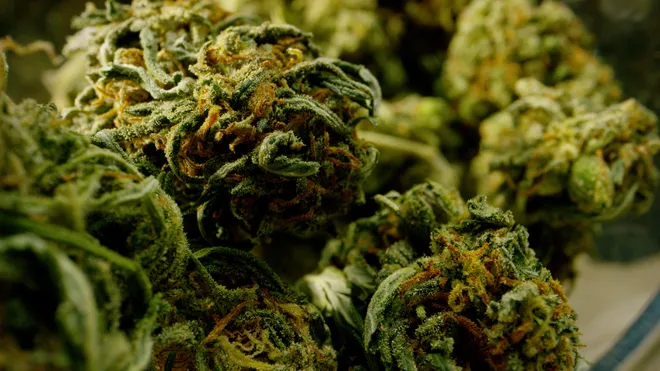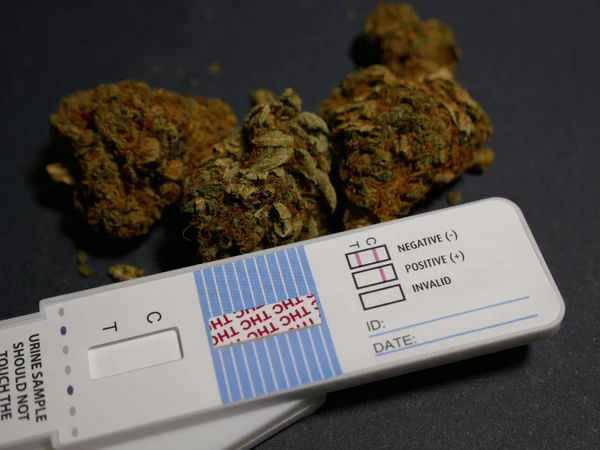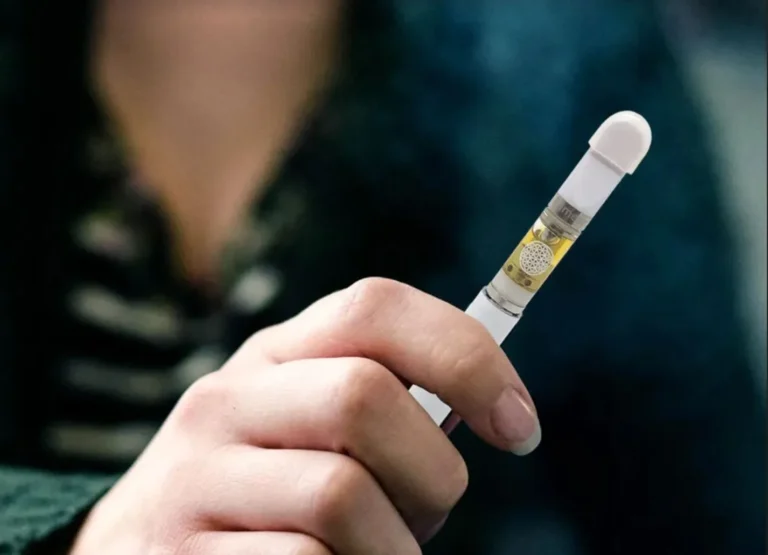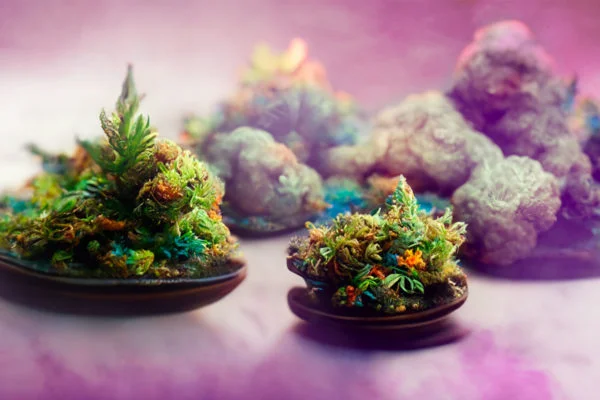Does THC-A Turn Into Delta 9 When Smoked
THC-A (tetrahydrocannabinolic acid) is one of the most prevalent cannabinoids present in raw cannabis, but its effects differ significantly from those of the more widely recognized THC, particularly Delta 9 THC. Many individuals wonder whether THC-A converts to Delta 9 THC when subjected to heat, such as during smoking or vaporizing. This is a crucial consideration for anyone interested in understanding the mechanics of cannabis, especially its psychoactive effects.
In its raw state, cannabis contains minimal to no Delta 9 THC. Instead, it is abundant in THC-A, which serves as the non-psychoactive precursor to THC. Consuming raw cannabis won’t produce the characteristic “high” linked to THC, as THC-A does not bind to the brain receptors responsible for these psychoactive effects. However, when cannabis is heated, a process known as decarboxylation takes place. This transformation is essential, as it converts THC-A into Delta 9 THC.
Decarboxylation occurs when cannabis is heated through methods like smoking, vaporizing, or cooking. This heat triggers a chemical reaction that removes a carboxyl group from THC-A, transforming it into Delta 9 THC. This conversion is essential because it is Delta 9 THC that produces the psychoactive effects associated with cannabis, resulting in the well-known feelings of euphoria and altered perception.
In response to the question: yes, THC-A does convert to Delta 9 THC when smoked. As the cannabis is heated by a lighter or vaporizer, THC-A rapidly undergoes decarboxylation to become Delta 9 THC, which can then be inhaled and absorbed by the body. This is why smoking raw cannabis flowers, which contain high levels of THC-A, results in the familiar effects of Delta 9 THC.
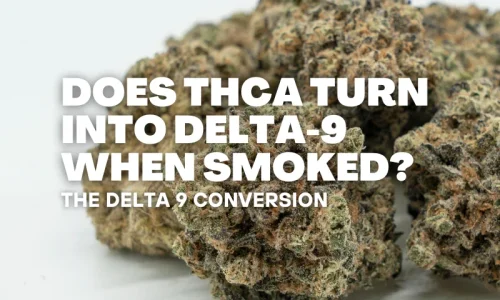
It’s essential to understand that the effectiveness of converting THC-A into Delta 9 THC can vary based on the method of consumption. Smoking is one of the quickest ways to achieve this conversion, as the heat from the flame rapidly transforms THC-A into THC. When cannabis is burned, Delta 9 THC is inhaled into the lungs, where it enters the bloodstream and produces effects almost immediately. Similarly, vaporizing cannabis decarboxylates THC-A, though at a lower temperature, which may help preserve some beneficial compounds in the plant while still delivering the desired psychoactive effects.
On the other hand, consuming cannabis without any heat—such as eating raw cannabis leaves or buds—results in THC-A remaining in its non-psychoactive form, meaning that significant decarboxylation does not occur. As a result, those consuming raw cannabis won’t experience the typical effects associated with Delta 9 THC. However, THC-A itself has shown potential health benefits, including anti-inflammatory and neuroprotective properties, although more research is necessary to fully grasp its effects.
For individuals interested in the psychoactive properties of cannabis, it’s crucial to comprehend the transformation from THC-A to Delta 9 THC. Whether smoking, vaporizing, or incorporating cannabis into edibles, heat is a key factor in unlocking the effects that many users desire. The conversion of THC-A into Delta 9 THC upon exposure to heat underscores the importance of proper cannabis preparation for achieving the intended effects.

